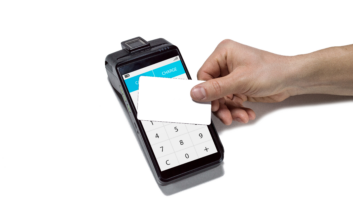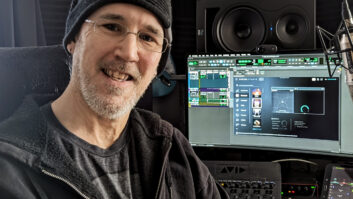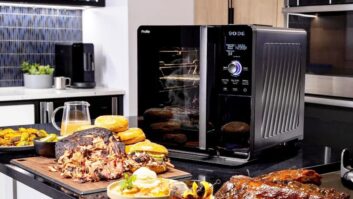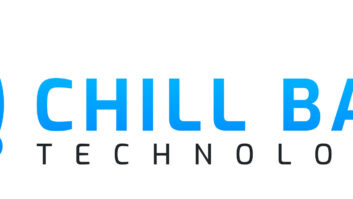LAS VEGAS – Daimler AG chairman Dieter Zetsche proclaimed a new
era of the convergence of transportation and communication during his keynote
at this week’s International CES.
Likely remembered for his “Doctor Z”
commercials during the heyday of Daimler Chrysler merger, Zetsche is largely
credited with bringing core changes to Mercedes-Benz. He also reaffirmed his
vision while noting how technology and transportation have often progressed
together.
“In the 19
th
century it was print media and steam
power. In 20
th
century it was broadcasting and oil,” said Zetsche.
“Now in the 21
st
century we’ve reached a tipping point again with
electric mobility marking the beginning of the post-oil era.”
While joined on stage with a new Mercedes SL sedan, Zetsche
proclaimed that the car has been as much an accessory to the consumer as
electronics are an accessory to the car, but stressed that the role of the
automobile will change, as billions of people begin to embrace the automobile –
as the abundance decreases and the price rises.
“Oil may cost us more than just the price at the pump,” said
Zetsche, noting the environmental concerns of fossil fuel.
Zetsche also proclaimed a new declaration of auto
independence, which include five key chapters as “digital lifestyle extends to
digital driv- style, where the car will provide more freedom.” These chapters
include “freedom of time,” which could bridge the gap.
“The digital world has long been in a different time zone
than the automotive world,” said Zetsche. “Think about it – a 20-year-old car
might be a classic you love to drive, but do you know anybody who is still
using a 20-year-old mobile phone?”
This convergence would include a Cloud solution that would
allow for software updates without the need to bring a car to the dealership,
while also promising what Zetsche said was “freedom of speech,” where cars
would get smarter – even if the drivers do not.
And this isn’t just about personal automobiles, Zetsche
noted, as he spoke about the “freedom of access” via car-sharing programs. These
were compared to Cloud mobility, where users can utilize an app to find and
book the nearest car. Zetsche circled back to the environmental issues, noting
that the convergence of autos and technology would allow for a “freedom of
energy,” which would herald that post-oil era, where fuel cells could power a
car’s drive train and utilize hydrogen over traditional fossil fuel.
The fifth part of this declaration was “freedom of
information,” where each car could essentially become its own individual crowd-sourcing
location to share information with other connected cars.
In closing, Zetsche noted that this declaration is all part
of being better to “pay our dues rather than pay someone’s royalties. The best
days are yet to come.”













